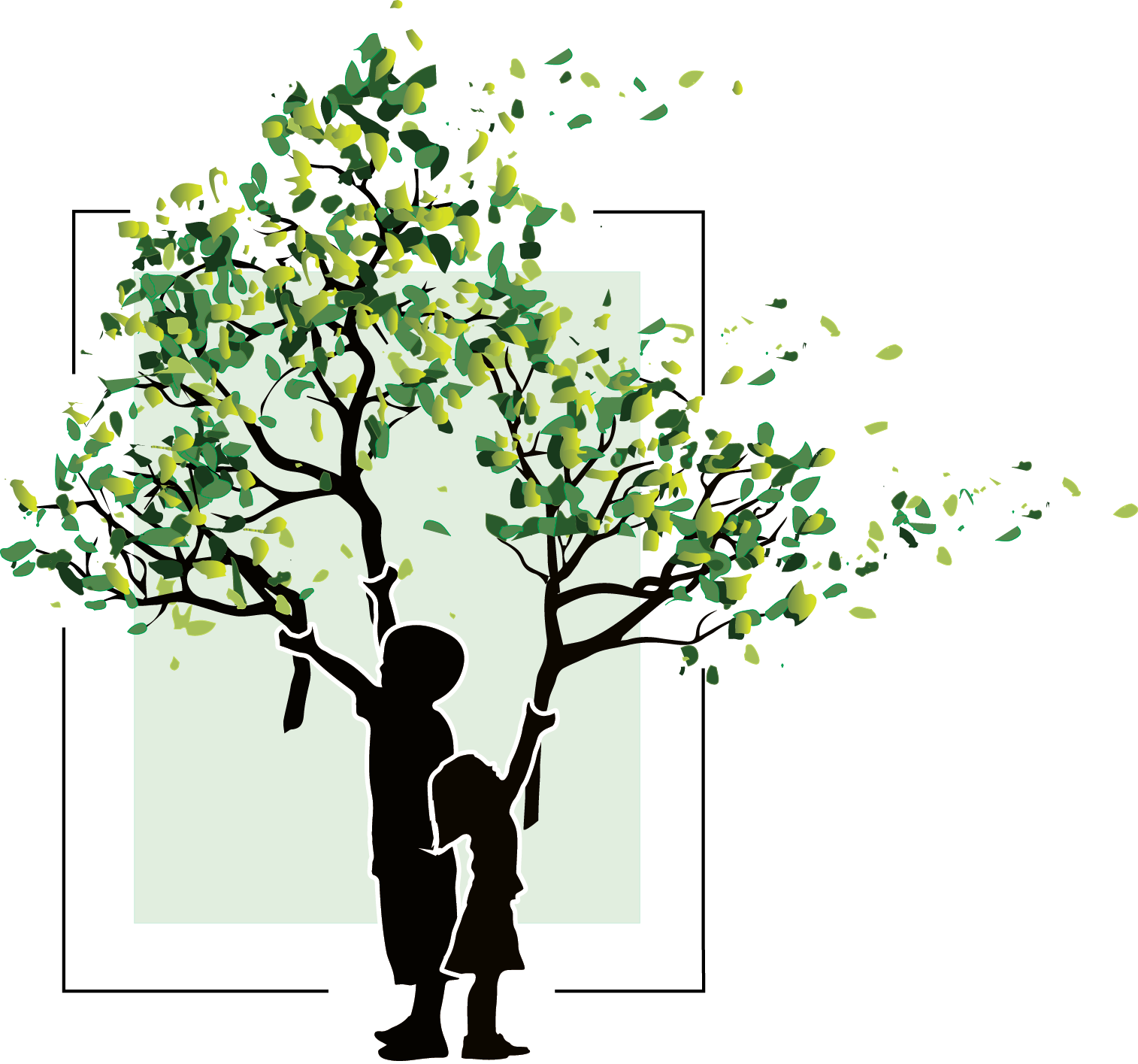Reappraisal is a strategy for changing our interpretation of a situation to change the way we feel about it. Changing the way we interpret a situation is a very effective way to change our feelings and our behavioral response to a distressing situation. Two types of reappraisal that are particularly effective are positive reframing and examining the evidence. Please continue reading for some overview thoughts on, well, thoughts!
Content below from © StriveWeekly.com, author: L Rith-Najarian
Our thoughts happen automatically, sometimes without our noticing, and yet they can significantly impact our mood and behavior. Consider this situation:
A friend whom you haven’t seen for a couple months walks past you without saying hello.
This is an ambiguous situation that can be interpreted in many ways. How would you interpret the situation?
Consider two possibilities and how the way you interpret the situation might influence your emotional and behavioral response:
|
Version |
Thought |
Feeling |
Behavior |
|
A |
"Why didn’t they say hi to me? They must not like me anymore." |
You feel sad and rejected |
You don’t reach out to them |
|
B |
"They must not have seen me. Man, I've missed seeing them.” |
You feel motivated to reconnect |
You send them a message about just seeing them and wanting to catch up |
So, what are thoughts? They are subjective interpretations of the world. They can be helpful or unhelpful, spontaneous or constant. Over time, we may develop certain thinking patterns based on our accumulated knowledge, experiences, beliefs, and our personality. If those thinking habits become too rigid though, it can become problematic.
What aren't thoughts? They are not facts—they are just our best guesses. We cannot prevent thoughts from happening, but what we can do, is learn to notice them, update or change them, and respond to them appropriately.
This week introduces strategies for making unhelpful thoughts more balanced. That's not to say that we're to blame for thinking in a way that influences our mood—our thoughts just happen! But it is important to figure out how to respond to thoughts in a more helpful way. As you get better at challenging negative thoughts, those negative behaviors and negative moods also start to improve in turn.
